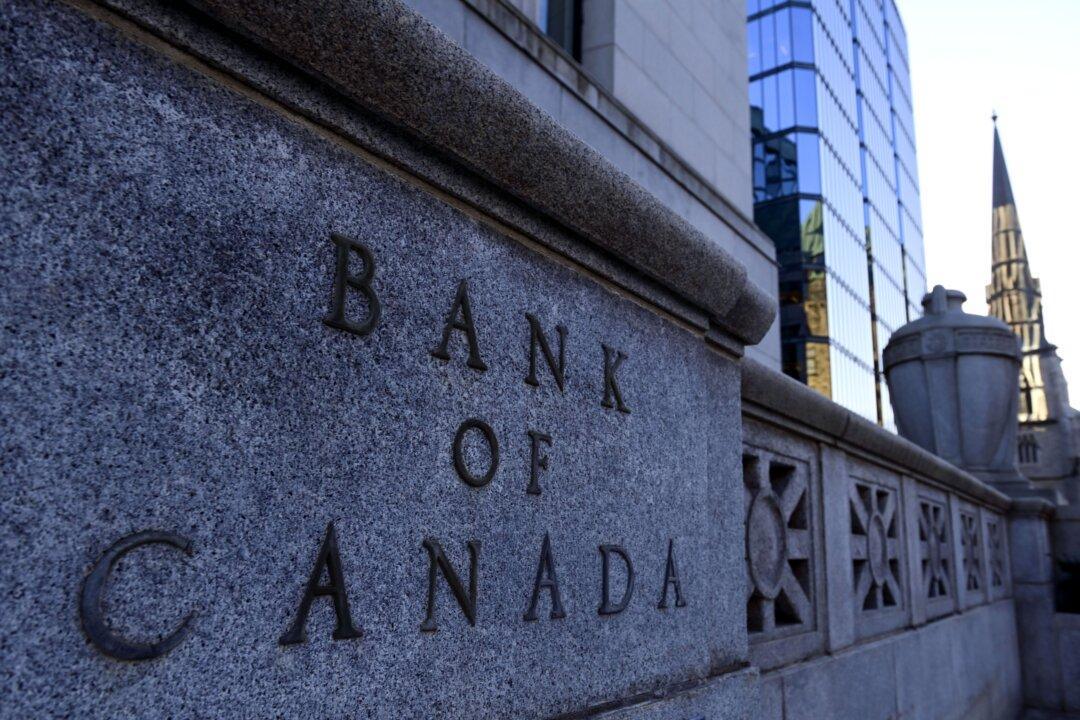The idea that the federal government can rely on the Bank of Canada to continue printing money to sustain its debt without a clear commitment to repay—also known as Modern Monetary Theory (MMT)—poses huge risks to the Canadian economy, a study (pdf) published on May 18 says.
“Modern monetary theory is a pipe dream, and if the federal government and Bank of Canada go down this road, the damage to the Canadian economy could be substantial,” said Steven Globerman, resident scholar at the Fraser Institute and author of the study “A Primer on Modern Monetary Theory.”





